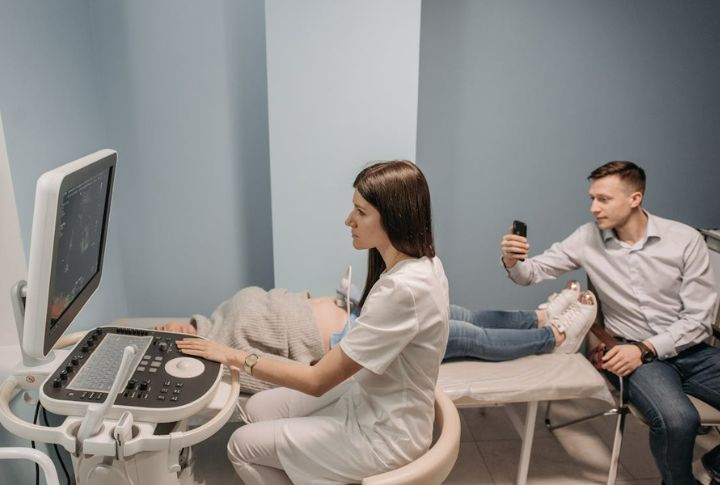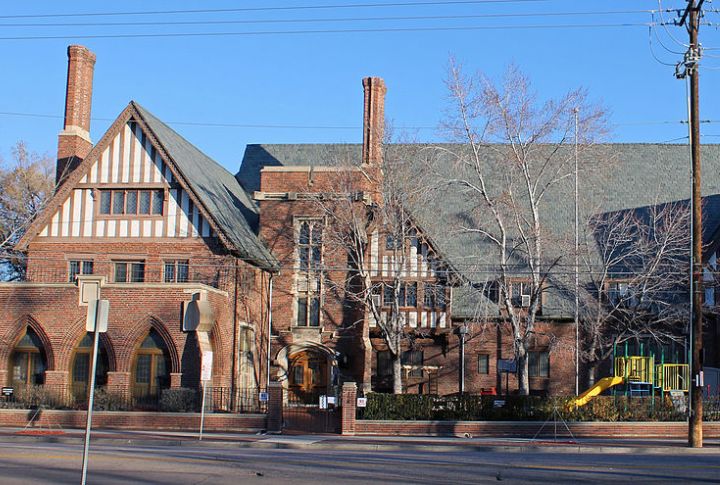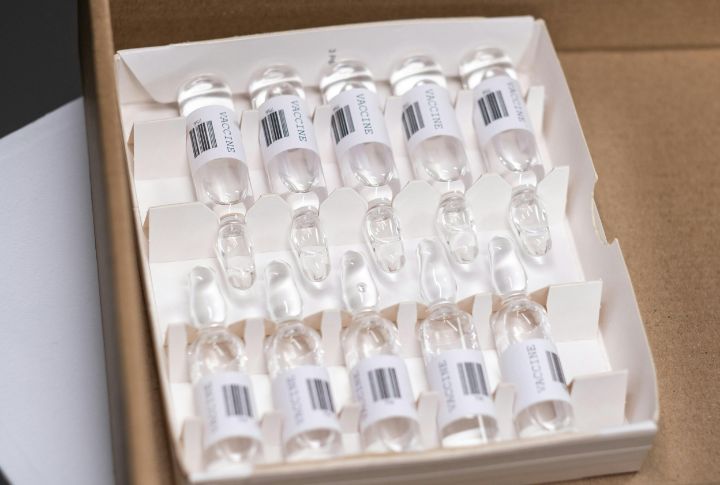
Raising kids isn’t cheap anywhere, but certain states crank the costs up to ridiculous levels. It’s like your money disappears before you finish breakfast. If your bank account feels personally drained, your location might be part of the problem. So, which states make it extra hard to keep up? Here are 20 places where parenting will punch your wallet.
Prenatal Visit Costs In California

Expecting parents usually run into steep bills early on, especially in cities like Los Angeles and San Francisco. Private OB-GYN clinics sometimes charge more than $250 per appointment, and optional tests like genetic panels quickly add up, too. Those without full insurance coverage may find themselves spending more on checkups than on the delivery itself.
Delivery Fees In New Jersey

A standard hospital birth in New Jersey ranges from $10,000 to $17,000 before insurance adjustments. Cesarean births are not only more frequent here but also significantly more expensive. Bergen County facilities, in particular, charge more than rural hospitals, particularly when epidurals or extended stays enter the picture.
Diaper Expenses In Mississippi

Newborns go through about 10 diapers daily, and with limited bulk-buying options in rural areas, parents may pay up to 30 cents per diaper. Over a year, that’s roughly $1,000 if bought in smaller packs. Diapers aren’t covered by SNAP, which leaves many low-income families to stretch cash or skip essentials.
Formula Cost In Minnesota

Infant formula prices jumped across Minnesota following national shortages. Powdered cans that once cost $25 now hover closer to $30–$35 at some urban retailers. While WIC helps many families, rural parents usually drive over 20 miles to find stocked stores. Transportation and time further raise the actual cost.
Childcare In Washington

In Seattle, full-time infant care costs average $2,300 monthly due to staffing mandates and strict licensing rules. Waitlists can span a year or longer. Even outside metro areas, the state’s quality standards raise costs and push many families to rely on relatives or work irregular hours to manage.
Preschool Tuition In Colorado

Families in Denver exploring preschool options realize that tuition charges between $1,200 and $1,800 per month alone aren’t the full picture. Fees for things like language immersion or specialty snacks sit on top of the bill. Colorado’s state program provides some relief, but it only covers a fraction of what’s needed.
Vaccines In Vermont

Routine childhood vaccinations like polio and hepatitis B are available at no cost through local pediatricians. Vermont distributes these vaccines using a federally funded state program, which removes billing entirely for families, even those without insurance. This approach eliminates surprise charges that occur in states lacking centralized distribution systems.
Kindergarten Supply And Activity Fees Costs In Arizona

Public schools across Arizona hand parents long supply lists each fall, some of which include sanitizer and ziplock bags. Though legally barred from charging mandatory activity fees, schools rely on voluntary donations to cover classroom needs. PTOs sometimes help fund classroom extras, but families still end up stretching their budgets year after year.
Uniform Purchases For Public Schools In Louisiana

Many parishes require uniforms with specific colors and even shoe styles, particularly in districts like East Baton Rouge. Restrictions on resale and secondhand wear limit affordability. As kids outgrow clothes midyear, families may spend over $200 annually replacing shirts and pants, mostly through approved vendors only.
Recurring Costs Of School Lunches In Ohio

In districts not qualifying for universal free meals, families preload accounts for lunches averaging $3 per day. That adds up to about $540 each school year per child. Extra charges for things like milk or second helpings can quietly increase bills, and many parents don’t realize it until the account runs out.
After-School Options In North Carolina Suburbs

School days end around 2:30 PM in towns like Mooresville and Apex, but workdays don’t. Many families turn to YMCA-run programs or private enrichment centers, where basic care starts around $75 weekly. Prices climb with extras like coding or dance, and slots fill up fast after registration opens each fall.
Pediatricians’ Charges In Oregon

Costs can reach over $150 for routine care in Eugene, and mostly catch families off guard, especially if they’re outside of an employer-backed health plan. Prices vary by clinic and aren’t publicly posted, so there’s no easy way to plan ahead. Even minor concerns like earaches or coughs come with hefty out-of-pocket fees.
Orthodontic Care In Pennsylvania

In suburban Pittsburgh, early orthodontic evaluations begin by age seven, as suggested by national guidelines. Phase-one braces, common before age nine, exceed $3,000 and aren’t usually covered by insurance. Clinics advertise payment plans, but few parents anticipate spending thousands on orthodontics before their child hits double digits.
Youth Sports Expenses In Michigan

Club-based teams have become the norm in cities like Grand Rapids, particularly when it comes to soccer and hockey. Annual costs surpass $2,000 and cover jerseys, tournament travel, and coaching fees. Since public school programs now receive less funding, parents take on full financial responsibility just to keep their kids in the game.
Music And Dance Lessons Expenses In Tennessee

Private studios in Nashville charge roughly $80 per month per class for music or dance instruction. Annual recitals add costume and venue fees, sometimes topping $300. While public schools offer basic exposure, more advanced training usually falls to families, especially for instruments beyond recorder or chorus.
Schools’ Textbook Costs In Indiana

Although textbook rental fees were banned statewide in 2023, districts like Fort Wayne and Evansville still pass along tech-related expenses. Parents regularly pay for iPad insurance, digital curriculum subscriptions, or lab equipment access. Without traditional book charges, required materials quietly drain $150–$300 from a family’s school budget.
Driver’s Ed Cost In South Carolina

Teens in South Carolina must complete certified driver’s ed courses for early licensure. Many public schools no longer provide them due to cuts. Packages average $350, but weekend and night slots cost more. In Colombia, some parents even report paying nearly $500 for scheduling flexibility.
Test Prep Instruction Fees In Massachusetts

Competitive districts like Brookline and Newton see families investing hundreds into private SAT prep courses. Small-group sessions run around $800, while one-on-one tutoring can exceed $1,500. Though free prep books are available at libraries, many parents feel pressure to secure an academic edge through personalized instruction.
Summer Camp Costs In Maine

Portland-area summer camps typically charge by the week, with many programs ranging from $250 to $400. Each camp covers a different theme, like ceramics or hiking, which means separate gear lists and fees. Parents juggling changing work schedules or multiple kids find planning and affording the camp season a serious logistical puzzle.
Insurance Premiums In Alaska

Fewer pediatricians and long travel distances drive insurance premiums up for Alaskan families. Despite ACA subsidies, monthly costs for private plans exceed $1,400. When care isn’t available locally, medevac flights to Anchorage become necessary, and those bills fall entirely on the family unless their policy includes full emergency transport.
